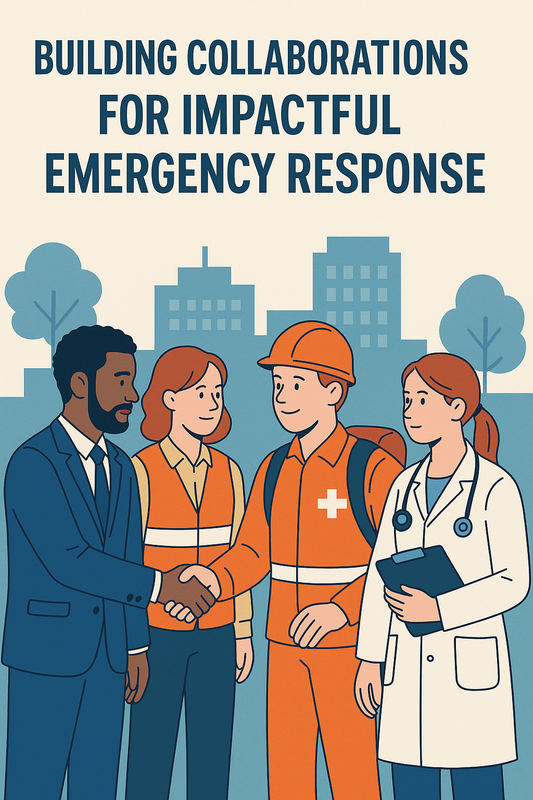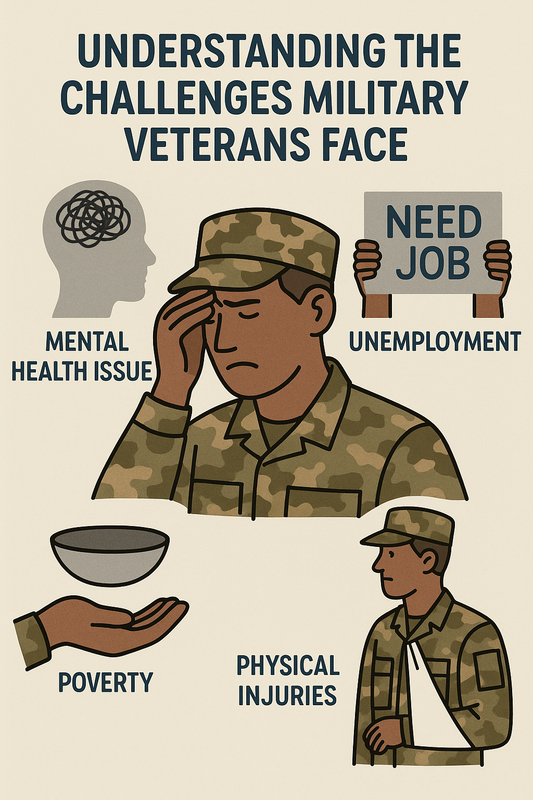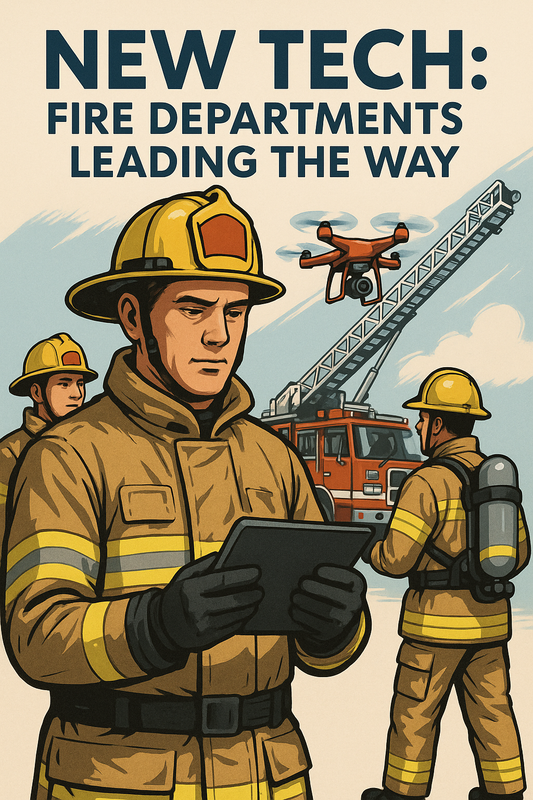
Mastering Communication in Crisis: Effective Strategies
Frequently Asked Questions
1. Why is effective communication important during a crisis?
2. What should a crisis communication plan include?
3. How can transparency enhance communication during a crisis?
4. What role does active listening play in crisis communication?
5. How can technology be utilized in crisis communication?
Effective communication is vital during crisis situations. Whether it's a natural disaster, a public health emergency, or an organizational challenge, clear and concise messaging can make all the difference in how stakeholders perceive and respond to the situation at hand. In this blog post, we'll dive into strategies for effective communication during crises, emphasizing the role of preparation, transparency, and the power of listening.
The Importance of Crisis Communication
In today's fast-paced world, crises can unfold quickly, often catching individuals and organizations off guard. Lack of effective communication can lead to panic, misinformation, and decreased trust among stakeholders. This is where strategic crisis communication becomes invaluable. It's not just about what you say, but how you say it—and who you communicate with.
Understanding Your Audience
Before you can effectively communicate during a crisis, it's essential to understand your audience. Who are the key stakeholders? This can range from employees and customers to police officers and community members. Each group may require different messaging that resonates with their specific concerns and needs.
- Employees: Internally, your team may need immediate updates about changes in policies or safety protocols.
- Customers: Keeping your customers informed about your operations and any potential disruptions is crucial.
- Community: Engaging with the local community effectively can help establish trust and mutual support.
Preparation is Key
No one can predict a crisis, but organizations can prepare for them. Having a crisis communication plan in place means that you will have a framework for action when situations arise. Here's how to prepare effectively:
Develop a Crisis Communication Plan
A well-documented crisis communication plan includes the following elements:
- Designated Spokesperson: Identify a trained spokesperson who can deliver messages clearly and with authority.
- Communication Channels: Decide on the most effective channels for distributing information—emails, press releases, and social media can all play vital roles.
- Key Messages: Outline key messages that can be easily adapted to the crisis scenario.
- Stakeholder Mapping: Define who needs to be involved in your communications and how often updates will be provided.
Transparency Builds Trust
During crisis situations, transparency is crucial. People appreciate honesty, especially when they face uncertainties. Here’s how you can enhance transparency in your communication:
Deliver Clear and Honest Messaging
Communicate the facts without sugar-coating the situation. This can help reduce anxiety and build trust among your audience. While it’s tempting to hold back information to avoid panic, misinformation can complicate crisis management. Instead, embrace an open-door policy that encourages questions and facilitates dialogue.
Regular Updates
In times of crisis, circumstances can change rapidly. Keeping stakeholders informed through regular updates is vital. Acknowledge when things change and provide context around those changes. This kind of transparency will foster trust and stability within your community.
The Power of Active Listening
Communication is a two-way street. In crisis situations, listening to the concerns of stakeholders is just as important as broadcasting your own messages. This helps you understand their fears and address them appropriately.
Engage with Your Stakeholders
Encourage feedback from your audiences. This can involve online surveys, social media engagement, or even direct conversations. Make it clear that you’re paying attention to their concerns. For instance, combining your gourmet coffee capsules with messages of support during difficult times can reinforce community ties.
Be Receptive to Feedback
Show stakeholders that their opinions matter. This proactive approach can help forge stronger relationships and keep lines of communication open. Listening carefully can help refine your messaging going forward and also adapt your strategy to better meet community needs.
Utilize Technology Effectively
In today’s digital age, technology plays a significant role in crisis communication. Leveraging various platforms can amplify your reach and effectiveness. Here are some ways to utilize technology:
Social Media Platforms
Social media delivers real-time communication, making it an effective tool for disseminating information during crises. It can also serve as a platform for interaction as you monitor comments and respond to grievances or inquiries.
Email Campaigns
Email should not be overlooked as it allows tailored messages to select audiences. This can be especially relevant for maintaining contact with your loyal customers, providing updates on operations and outreach efforts, such as distributing gourmet coffee capsules to community responders, including police officers.
Implement a Feedback Loop
A feedback loop is a critical component of crisis communication. Once you communicate, it's essential to hear how your messages were perceived and if they were effective. This will further inform and adapt your strategies for the future.
Surveys and Polls
Post-crisis surveys can provide valuable insights into how stakeholders felt and perceived your crisis communication. Using your existing customer base, create polls to gauge sentiment and understanding. Questions may focus on the clarity of messaging and feelings of being informed.
Debriefing Sessions
After a crisis situation has passed, conducting debriefing sessions with your team can highlight what worked and what didn’t. Analyze feedback data to recognize trends and adjust your communication strategies to better handle future crises.
Learning from Past Experiences
Every crisis offers invaluable learning opportunities. Whether you manage a business or serve the public, reflective practices post-crisis can greatly improve future communications.
Case Studies
Look at case studies of past crises in your industry. Analyze brands that handled communications effectively and those that did not. Learning from real-life examples can fine-tune your own approach, ensuring that you’re prepared for whatever challenges may arise.
Create a Library of Resources
Assemble a collection of best practices, templates, and resources that your team can refer to when managing crises. This library can include documentation from successful communication efforts or even guidelines from organizations like police officers who often navigate crises in their work.
Beyond the Crisis: The Long-term Impact of Communication
Effective crisis communication does not stop when the immediate danger has passed. In fact, the aftermath is just as critical for restoring normalcy and fostering trust.
Post-Crisis Public Relations
As time unfolds, consider how you’ll manage the narrative moving forward. Promote initiatives that support recovery and reinforce the strength of your community ties. Such actions can serve to realign any lost consumer confidence and help in regaining the lost ground.
Sustainable Future Strategies
Incorporate lessons learned during the crisis into your long-term communication strategy. Continuously refine your crisis communication plan based on experiences, ensuring that you are always prepared for the unexpected.
Your Journey to Distinctive Communication
Effective communication during crises requires strategic foresight, willingness to engage, and a commitment to transparency. By preparing adequately and adopting a multi-channel approach that leverages technology and community engagement, you can ensure that your voice is heard and trusted. During these times of uncertainty, reinforcing the connections with your community, branding, and messaging can lay a solid foundation for resilience and courage.
Remember, every crisis is an opportunity for growth. With the right strategies in place, you can emerge stronger than ever, equipped to handle whatever challenges lie ahead. Prepare today and turn potential crises into success stories for tomorrow.




